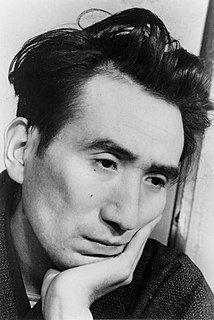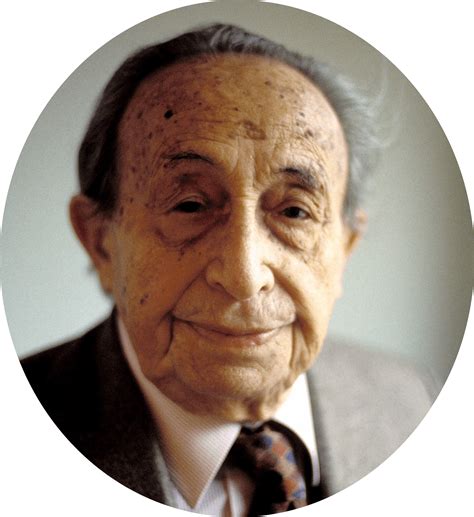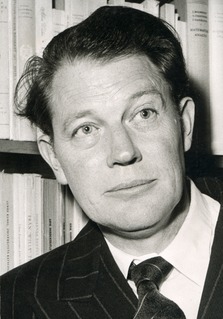A Quote by Albert Schweitzer
When man learns to respect even the smallest being of creation...nobody has to teach him to love his fellow man. Compassion for animals is intimately connected with goodness of character, and it may be confidently asserted that he who is cruel to animals cannot be a good man.
Related Quotes
There are a few animals that have won themselves a bad reputation even though they have little or no effect on man. They have won their rating through man's interpretation of their attitude towards lower animals. These animals have been seen feeding in what appears to be a savage manner. But this behavior may perhaps be comparable to a man tearing the flesh off a chicken leg with his teeth.
Mother, recently I have discovered the one way in which human beings differ completely from other animals. Man has, I know, language, knowledge, principles, and social order, but don't all the other animals have them too, granted the difference of degree? Perhaps the animals even have religions. Man boasts of being the lord of all creation, but it would seem as if essentially he does not differ in the least from other animals. But, Mother, there was one way I thought of. Perhaps you won't understand. It's a faculty absolutely unique to man - having secrets. Can you see what I mean?
A reasonable being should ask himself why - if chemicals can enter into plants, and plants be taken up into animals, and animals be taken into man - why man himself, who is the peak of visible creation, should be denied the privilege of being assimilated into a higher power? The rose has no right to say that there is no life above it and neither has man, who has a vast capacity and unconquerable yearning for eternal life and truth and love.
What is the importance of human lives? Is it their continuing alive for so many years like animals in a menagerie? The value of a man cannot be judged by the number of diseases from which he escapes. The value of a man is in his human qualities: in his character, in his conscience, in the nobility and magnanimity, of his soul. Torturing animals to prolong human life has separated science from the most important thing that life has produced - the human conscience.
To a man whose mind is free there is something even more intolerable in the sufferings of animals than in the sufferings of man. For with the latter it is at least admitted that suffering is evil and that the man who causes it is a criminal. But thousands of animals are uselessly butchered every day without a shadow of remorse. If any man were to refer to it, he would be thought ridiculous. And that is the unpardonable crime.







































